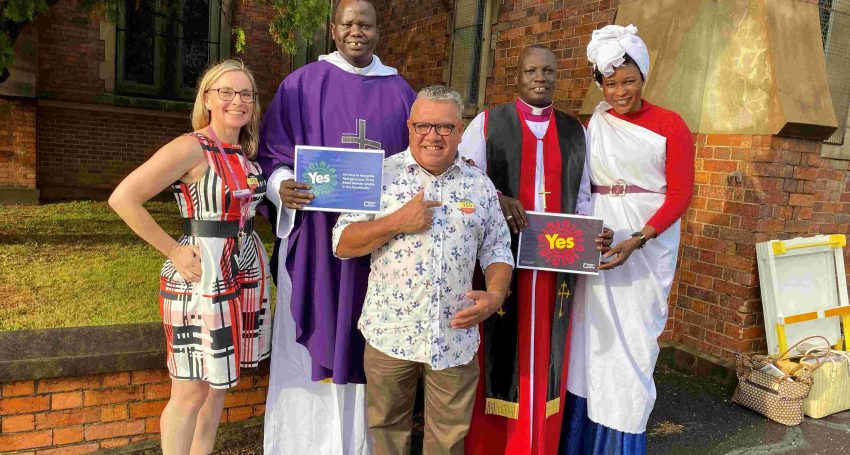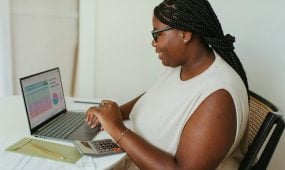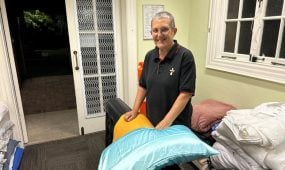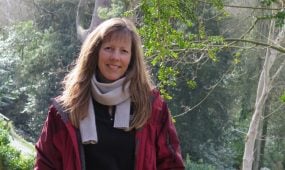Why I am voting “yes” in the referendum: Bishop Daniel Abot
Justice & Advocacy
“We are a democratic country and the only way that our policy makers can hear people is if their voice is heard. This is the only way that positive change, including closing the gap, can happen…The Voice is an invitation to all Australians to support Aboriginal and Torres Strait Islander peoples so they can improve the quality of life for their families and wider communities,” says Bishop Daniel Abot

Story Timeline
- Why I support constitutional recognition through an Aboriginal and Torres Strait Islander Voice to Parliament: Aunty Dr Rose Elu
- Why I am voting “yes” in the referendum: Sue Cooke
- Why I am voting “yes” in the referendum: The Ven. Geoff Hoyte
- Why I am voting “yes” in the referendum: Phyllis Marsh
- Why I am voting “yes” in the referendum: Adrian Malone
- Why I am voting “yes” in the referendum: The Rev’d Cameron Freese
- Why I am voting “yes” in the referendum: The Rev’d Rick Gummow
- Why I am voting “yes” in the referendum: Uncle Milton Walit
- Why I am voting “yes” in the referendum: Marilyn Wright
- Why I am voting “yes” in the referendum: Barry Kuskopf
- Why I am voting “yes” in the referendum: Aiden Wu
- Why I am voting “yes” in the referendum: Reg Dean
- Why I am voting “yes” in the referendum: Jill Rylatt
I first heard about closing the health and life expectancy gap of Aboriginal and Torres Strait Islander peoples soon after I arrived in Australia 20 years ago. At the time I was working for Anglicare Southern Queensland. Because I came from a refugee camp to regional Australia, the closing the gap initiative is something that really resonated with me.
In Kakuma Refugee Camp, where I was a refugee for nine years, I witnessed large groups of people being chronically unwell. When people are unwell for long periods of time without adequate services, lives get lost. People die younger than they should. Life expectancy becomes short.
Advertisement
In some areas of our country, including with regard to healthcare, Aboriginal and Torres Strait Islander peoples are unable to access appropriate medical care. Access to appropriate medical care includes the care being culturally appropriate and tailored for their special epidemiological needs. Healthy people live longer. Good health allows people to thrive and contribute to their communities. We all want to see Aboriginal and Torres Strait Islander peoples thriving.
The current way of doing things can be done better. We are a democratic country and the only way that our policy makers can hear people is if their voice is heard. This is the only way that positive change, including closing the gap, can happen. This is one of the main reasons why I support the Voice to Parliament. The Voice is an invitation to all Australians to support Aboriginal and Torres Strait Islander peoples so they can improve the quality of life for their families and wider communities.
Editor’s note: The Anglican Church Southern Queensland supports the Anglican Board of Mission’s 2017 call for “a Constitutionally Entrenched First Nations Voice”. The ACSQ also supports the Anglican Church of Australia’s Joint Affirmation of Faith and Justice with First Nations Peoples (carried by affirmation at General Synod, Oct 2007), and seeks practical ways to do so, including our association with Reconciliation Australia and the prescribed process of Reconciliation Action Plans.
Editor’s note: 21/07/2023: This anglican focus feature, written by The Ven. Geoff Hoyte, The Rev’d Michael Stalley and The Rev’d Rick Gummow, provides a timeline showing how the ACSQ came to its position on recognising Aboriginal and Torres Strait Islander peoples in the Constitution through a Voice to Parliament.





